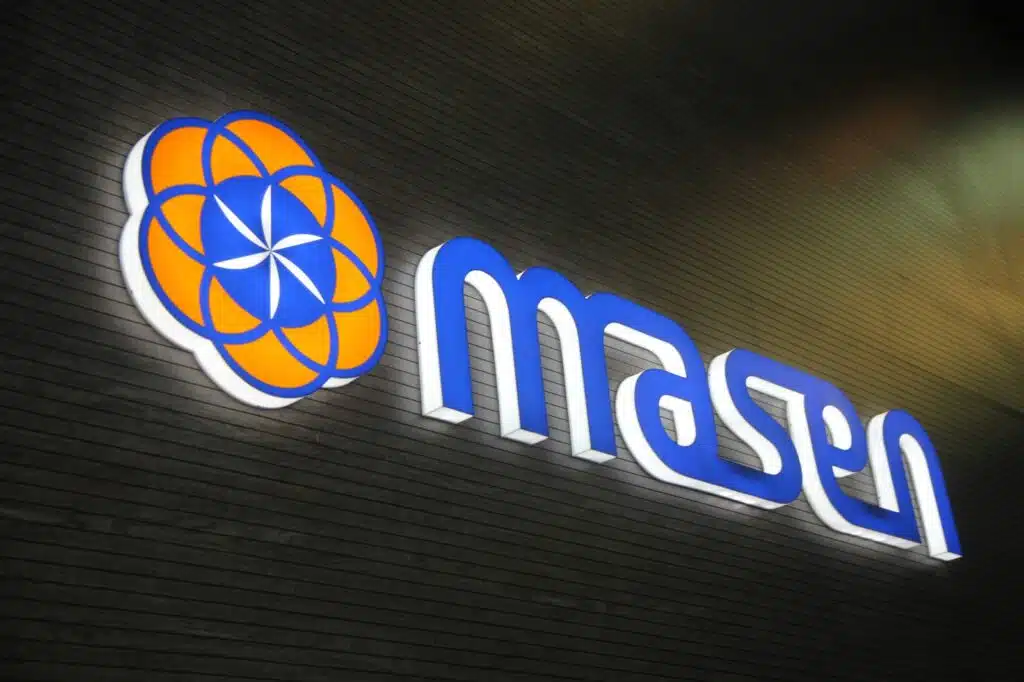
Taqa Morocco and JBIC Partner to Advance Sustainable Energy Infrastructure

Mining in the Andes: Critical Minerals and the Next Phase of Global Investment

(The Net Zero Circle, April 23) Argentina has received a financial lifeline: a US$12-billion disbursement from the IMF, which has helped lift Central Bank reserves to over US$38 billion — the highest level since 2022. President Javier Milei has responded by accelerating deregulation, freeing the peso to float, and removing most capital controls. The move has sparked optimism in some corners, especially among market actors seeking opportunity.
But this new financial order comes at a cost. Short-term capital inflows are now dominating the economic narrative, facilitated by peso-denominated financial instruments that offer world-beating yields. The economic team claims this will attract investment and promote long-term stability. History, however, tells another story.
The energy transition is inherently long-term. It requires policy continuity, regulatory clarity, and public-private alignment over decades. Argentina’s current fiscal strategy — inviting carry trade speculation in a volatile macro context — does little to support those conditions.
Take the lithium sector. Argentina is home to some of the world’s richest salars, and has the potential to become a cornerstone of global battery supply chains. But capital-intensive projects demand stability. A speculative boom that appreciates the peso and distorts cost structures could disincentivise the very investments needed to scale production sustainably.
Likewise, renewables projects that rely on foreign technology and components become vulnerable when dollar liquidity is artificially inflated but regulatory risk remains unchanged. The illusion of stability can delay rather than accelerate the transition.
The parallels to past cycles are impossible to ignore. During the 2015–2019 administration, speculative capital temporarily boosted reserves — and then evaporated, triggering devaluation and austerity. Today, Argentina is once again betting on the same formula, just as the climate challenge becomes more urgent.
The global energy transition needs stable partners. If Argentina hopes to lead on lithium, renewables and green hydrogen, it must build from the ground up — not from borrowed cash down.
Milei’s economic model may deliver market-friendly headlines, but it risks undermining Argentina’s climate credibility. Short-term inflows can’t replace deep institutional reform. The energy transition requires more than optimism — it demands durability, equity and long-range vision.
Argentina must choose: financial cycling, or a real path to net zero.


